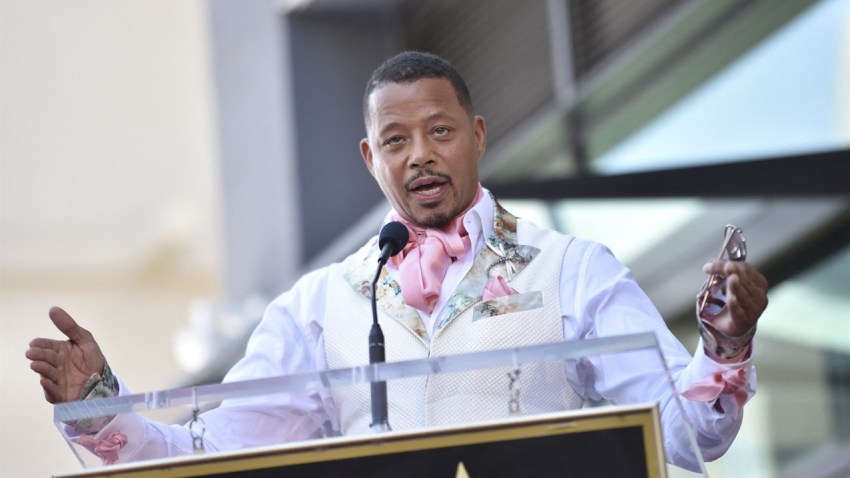In the 40 years since then, Africa has experienced a transformation of its politics and its economies. The continent’s democratization wave dislodged military dictatorships and single-party rulers, ushering in a transition to multiparty democracy that, though spotty and at times fragile, remains mostly intact. Since the turn of the millennium, African countries have also hit remarkable strides in economic growth, poverty reduction and technological innovation that has fueled the emergence of a domestic middle class as well as talk of Africa as the next frontier of economic transformation. At the same time, foreign investment into Africa has increased dramatically as new sources of investment have opened up and emerging sectors have expanded on the continent. Today, there are several “Africa +1 summits,” typically featuring a major economic powerhouse on one hand and African countries—usually grouped as a bloc—on the other, and a significant number of these gatherings are completely focused on trade and investment. These include the U.K.-Africa Investment Summit, the U.S.-Africa Business Summit and the Turkey-Africa Economic and Business Forum. There is also the Africa Investment Forum, held annually by the African Development Bank, which typically attracts the same participants as the other summits. And in recent years, Ghana’s “Year of Return” has opened up more discussions about increasing diasporic investment and building tourism industries across Africa. As a result, the assumption that more foreign investment is an unalloyed good for African countries, and that their governments should be taking more steps to make their economies more attractive to foreign investors, goes unquestioned. African countries certainly are desperately in need of large volumes of capital to close their infrastructure, industrialization, energy and climate gaps. But as the Howard incident and others like it underscore, this seeming desperation for the attention of foreign investors, particularly Western ones, points to a lack of discernment over investments that African governments should instead be more cautious about. It bears noting that Africa is already attracting more—not less—foreign investment, in absolute as well as relative terms. In 2000, Africa attracted only 1 percent of global foreign direct investment outflows; that share is now up to 5.2 percent and hit a record $83 billion in 2021, according to United Nations figures. But as in previous years, a significant portion of those investments flowed to extractive and service industries in large markets like Nigeria, Egypt, South Africa, Ghana and the Democratic Republic of Congo, although there were noticeable investments in manufacturing and renewables as well. Extractive industries tend to have a crowding out effect that in turn stifles domestic capital formation, wage growth and jobs creation in the wider economy. And that is without mentioning the adverse effects extractive industries have on the political economy of resource-rich countries like Nigeria and Congo, where an overdependence on extractives for government revenue, foreign exchange and export earnings inhibits the state’s ability to structurally transform the economy, while fueling political corruption and the use of state resources for political patronage. Despite years of reforms implemented in Nigeria, Congo and many other countries, those problems continue to persist in their natural resources industries. This suggests, at the very least, that foreign investment is not the panacea it is often portrayed to be for Africa. The reality of Africa’s economic picture essentially dictates that it has little choice but to rely on massive amounts of foreign investment to achieve the economic goals that African governments have set. But for foreign capital to work better within African economies, it needs to be more evenly spread across local industries. To do that, governments must work with those local industries as well as civil society to identify the areas where foreign investment can most effectively be channeled to, as well as the necessary policy reforms that must be made to do so. But most importantly, African governments must be more discerning about what kinds of investments—and investors—they are willing to entertain. And that must begin with giving less airtime to foreign celebrities with little expertise in business, investment or technology.Africa’s desperation for the attention of foreign investors points to a lack of discernment over investments that African governments should instead be more cautious about.
Chris O. Ogunmodede is an associate editor with World Politics Review. His coverage of African politics, international relations and security has appeared in War on The Rocks, Mail & Guardian, The Republic, Africa is a Country and other publications. Follow him on Twitter at @Illustrious_Cee.

